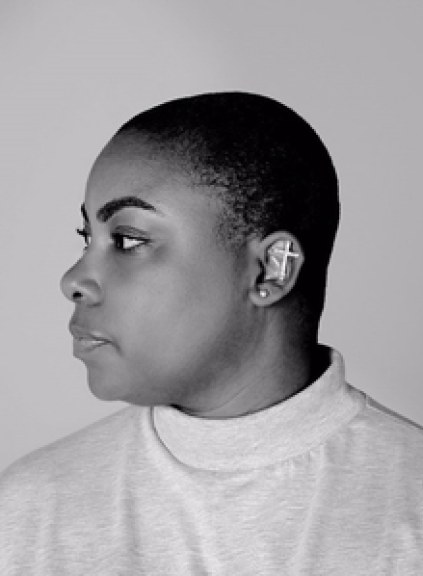Deborah Metts teaches in LIM’s master’s degree program in Fashion Marketing. She's co-founder and Chief Operating Officer of Beyond the Runway, which provides a bridge into the metaverse and NFT space for luxury fashion brands via technology that allows customers to create 3D avatars of themselves and try on clothing virtually. Over the course of her career the companies Professor Metts has worked with and for include Chanel, Macy's, Calvin Klein, and Bloomingdale's. Professor Metts feels strongly about the importance of anchoring real-world experience with a solid academic foundation.
You taught a course in Services Marketing. What is that?
Services Marketing is marketing from the perspective of service-based industries—basically any company that doesn’t manufacture a physical product. Some examples in the fashion space—which is what I focus on in this course—are apparel rental companies such as Rent the Runway, or styling services such as Stitch Fix, or a beauty company, like Glamsquad, which offers makeup application services. It’s an emerging area and it’s not just start-ups. You’re seeing more traditional brands such as Nordstrom, Free People, and Urban Outfitters expanding into this space as well.
How do you bring your professional experience into your classes?
I structure the course syllabus around what is currently happening in the industry, making sure that whatever we’re studying conceptually is grounded in, and connected to, current events. For example, when talking about customer service, we examined the controversy surrounding Dolce & Gabbana’s advertising and how it impacted customer retention in China. It’s all about bridging the academic concepts with its real-life applications. And since I’m literally coming straight to class from my own workplace, I’m able take something that just happened in one of my meetings and use it as an example to teach students.
Why did you decide to incorporate teaching into your career?
I wanted to be the professor I didn’t have. When I was in graduate school, I wished I had professors who worked in the industry and could impart real-life fashion business lessons. I want to make sure students leave my classroom with knowledge and skills they can use in the workplace. They are investing in their education and I want them to graduate with tangible skill sets. My mother was also an inspiration. She earned her Ph.D. while she was raising a family and now teaches English at an HBCU (Historically Black College/University), so I feel particularly connected to the pursuit of higher education.
How would you describe LIM students?
International students make up a significant percentage of the student body in LIM’s master’s degree programs. Most of my students have fashion backgrounds and I’m impressed at how they soak up knowledge. This semester, the students in my course are very engaged. Our classroom environment is interactive and informal. The students have a lot of questions for me, which I encourage. I want students to take an active role in shaping the class to meet their educational and professional needs.
What advantages does a master’s degree provide in the current business environment?
Investing in your education and earning a master’s degree in the business of fashion can set you apart from your peers. In my own career, having an enhanced knowledge base has allowed me to feel more confident when I’m working with high-level executives in the corporate world. The fashion world needs more executives with advanced degrees, and I expect our business will continue to evolve so that, over time, an advanced degree will not only be seen as a bonus, it will be expected.
What are some ways you see the fashion industry evolving in the coming years?
The in-store experience isn’t going away, but it is going to have to evolve, and its fusion with digital experiences will drive that. Features such as mobile check-out will become the new norm and technologies driven by artificial intelligence will play an important role. Sustainability is also coming to the forefront. Consumers care about the impact their purchasing decisions have on the environment, so renting clothes will become more common.
What advice would you give to fashion professionals who are just starting out in their careers?
Always be teachable while still being a leader. It’s all about finding a balance between being able to hold your ground and make decisions, while simultaneously keeping your mind open to new ideas and different perspectives. That’s the way you’ll get the best results.

